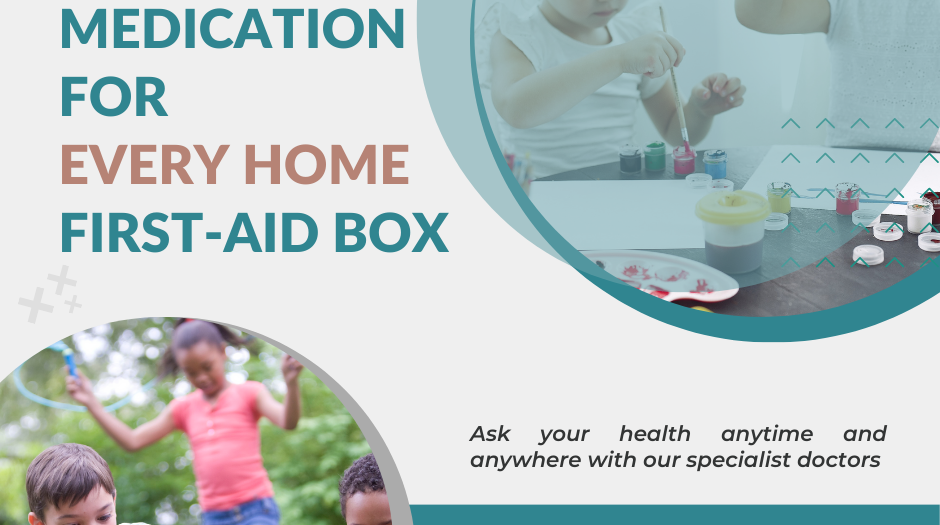Vitamin E Supplement: What You Need To Know
Vitamin E is an essential nutrient that plays a vital role in supporting a healthy immune system. It helps immune cells function properly and protect the body from harmful free radicals.
Free radicals are unstable molecules that can damage cells and contribute to the development of diseases. Vitamin E can help neutralize free radicals and reduce the risk of cell damage.
Vitamin E also helps immune cells communicate with each other. This communication is essential for the immune system to function properly. Vitamin E can help improve communication between immune cells, which can lead to a stronger immune response.
There are many ways to get vitamin E from your diet: Good sources of vitamin E
- Vegetable oils, such as sunflower oil, corn oil, and soybean oil
- Nuts and seeds, such as almonds, peanuts, and sunflower seeds
- Green leafy vegetables, such as spinach and kale
- Fruits, such as mangoes, avocados, and sweet potatoes
If you are not getting enough vitamin E from your diet, you may want to consider taking a vitamin E supplement. However, it is important to talk to speak to our pharmacist before taking vitamin E supplements, as they can interact with certain medications.
When you're getting enough vitamin E from your diet or taking a supplement, you can help support a healthy immune system and reduce your risk of getting sick.
Benefits of Vitamin E Supplements
Vitamin E supplements have been shown to have a number of benefits, including:
- Improved immune function
- Reduced risk of heart disease
- Reduced risk of cancer
- Reduced risk of age-related macular degeneration
- Reduced risk of cataracts
- Protection against free radical damage
Side Effects of Vitamin E Supplements
Vitamin E supplements are generally safe for most individuals when taken within the recommended dosages. However, taking excessively high doses of vitamin E can lead to potential side effects. Some considerations include:
- Bleeding Risk: High doses of vitamin E may have an anticoagulant effect, increasing the risk of bleeding. Individuals taking blood-thinning medications or those with bleeding disorders should exercise caution and consult with a healthcare provider before taking high-dose vitamin E supplements.
- Digestive Issues: In some cases, high doses of vitamin E can cause gastrointestinal issues such as diarrhea, nausea, or stomach cramps. Lowering the dosage or taking vitamin E with food may help alleviate these symptoms.
- Interactions with Medications: Vitamin E supplements can interact with certain medications, including blood-thinning drugs like warfarin, and may affect their efficacy. It is important to inform your healthcare provider about any supplements you are taking to avoid potential interactions.
It is worth noting that vitamin E is generally considered safe when obtained from food sources. However, if considering vitamin E supplementation, it is advisable to choose supplements from reputable manufacturers and follow the recommended dosage guidelines.
Dosage of Vitamin E Supplements
The recommended dosage of vitamin E supplements varies depending on age, sex, and specific health conditions. The Recommended Dietary Allowance (RDA) for vitamin E is as follows:
- Adults (19 years and older): 15mg of alpha-tocopherol equivalents (ATE) per day.
- Pregnant individuals: 15mg ATE per day.
- Breastfeeding individuals: 19mg ATE per day.
It is important to note that the RDA represents the amount of vitamin E required to prevent deficiency in healthy individuals. For individuals with specific health concerns or those considering higher doses for therapeutic purposes, it is recommended to consult with a healthcare provider for personalized advice.
Interactions with Other Medications
Vitamin E supplements can interact with a number of medications, including:
- Warfarin
- Coumadin
- Heparin
- Aspirin
- Nonsteroidal anti-inflammatory drugs (NSAIDs)
If you are taking any of these medications, you should talk to a pharmacist or your doctor before taking a vitamin E supplement.
In Conclusion
Vitamin E supplements can be a safe and effective way to get the nutrients your body needs. However, it is important to talk to your doctor before taking any supplements, as they can interact with certain medications. By getting enough vitamin E from your diet or taking a supplement, you can help support a healthy immune system and reduce your risk of getting sick.




